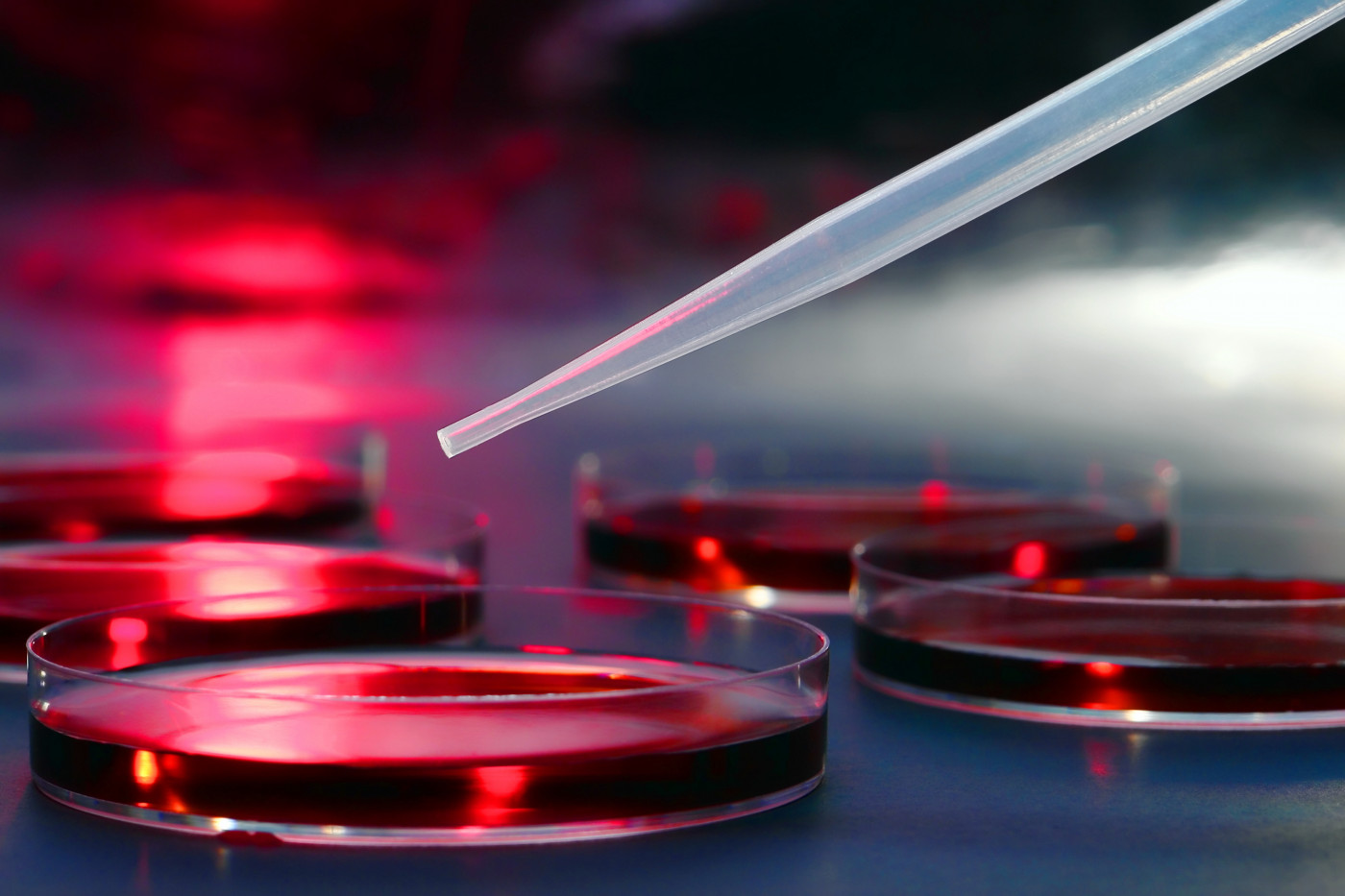University Spin-Off Pheno Therapeutics to Search for Compounds to Re-Grow Myelin Lost in MS
Written by |

Pheno Therapeutics, a spin-off from the University of Edinburgh, in Scotland, will search for new molecules capable of inducing the body to repair or replace the myelin sheath that is damaged in multiple sclerosis (MS).
In MS, the body’s own immune system mistakes myelin for a foreign object and attacks it. This results in inflammation that damages the myelin sheaths, which insulate nerve cells to allow electrical impulses to travel quickly along the length of the nerve. The damage to or loss of the myelin sheath causes these impulses to slow down, resulting in many of the symptoms seen in MS, including problems with movement, vision, sensation and balance.
There is no cure for MS, and current treatments tend to focus on reducing the severity and frequency of symptoms. This creates a largely unmet need for neuroprotective compounds that can prevent long-term disability by stopping disease progression.
The ability to re-grow myelin, a process called “remyelination,” could potentially slow or even stop the progression of MS.
Pheno is focused on finding molecules that can promote remyelination, through its access to the University of Edinburgh’s advanced cell-based technology platform. This platform allows scientists to test large numbers of compounds in human cells, looking for those that show the desired effect.
The new spin-off also can count on the expertise of its founders and investors, all of whom have considerable experience in clinical research and drug discovery. Indeed, the company will build on the research of two of its founders — Siddharthan Chandran, PhD, and Neil Carragher, PhD — who are professors at the university.
Chandran, director of the Centre for Clinical Brain Sciences, and Carragher, director of the Edinburgh Cancer Discovery Unit and the Edinburgh Phenotypic Assay Centre, are launching Pheno along with Jon Moore, PhD, operating partner at Advent Life Sciences, in the U.K.
“There are no interventions for people with later stage multiple sclerosis, which is a devastating and debilitating condition,” Chandran said in a press release. “The opportunity for this company is to bring new and repurposed therapeutics to clinical trials and, by doing so, meet an urgent and currently unmet need.”
Pheno Therapeutics is supported by Advent Life Sciences, the Scottish Investment Bank, and the independent medical research charity, LifeArc. With their support, Pheno has raised £5 million (about $6.5 million U.S.) of Series A funding over its first three years.
David Holbrook, MD, head of LifeArc’s Seed Fund, said the medical research charity seeks to “use our translational expertise to invest in enterprises with a sound scientific concept and the potential to lead to new interventions that address patient needs.
“In the founders of Pheno Therapeutics and their research to induce myelin repair, we saw an appealing opportunity, particularly given the existing clinical needs in progressive MS,” Holbrook said.


